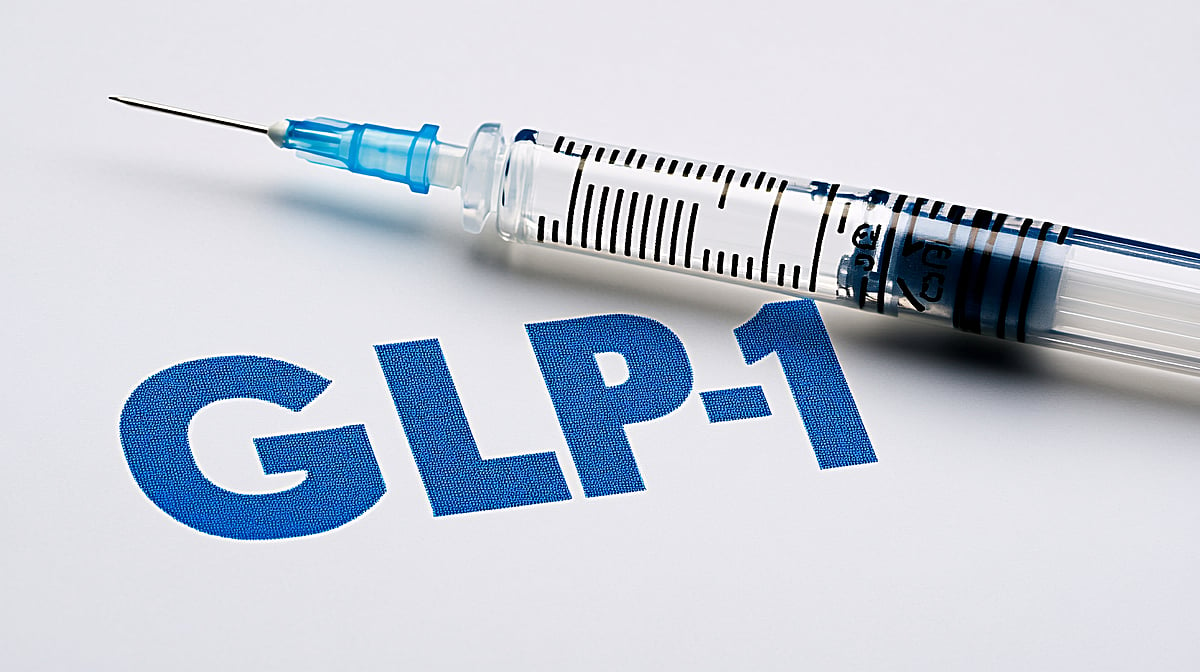
Kids watching YouTube videos are being hammered with messages promoting junk food like candy, sugary drinks, fast food and sweet or salty snacks, a new study says. About 75% of 6- to 8-year-olds and 36% of 3- to 5-year-olds were fed promotions for junk food while watching YouTube or YouTube Kids videos they chose on… read on > read on >






























